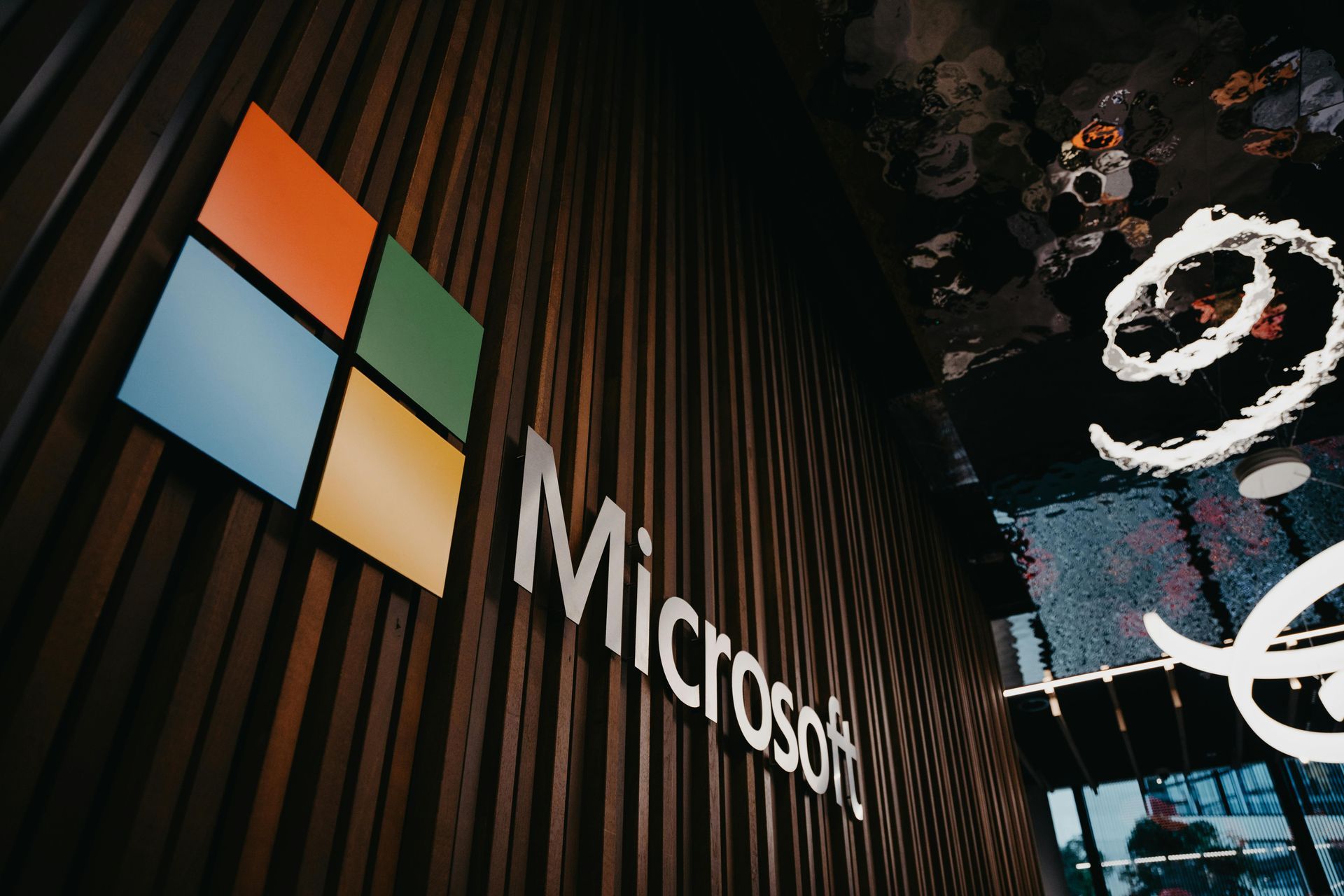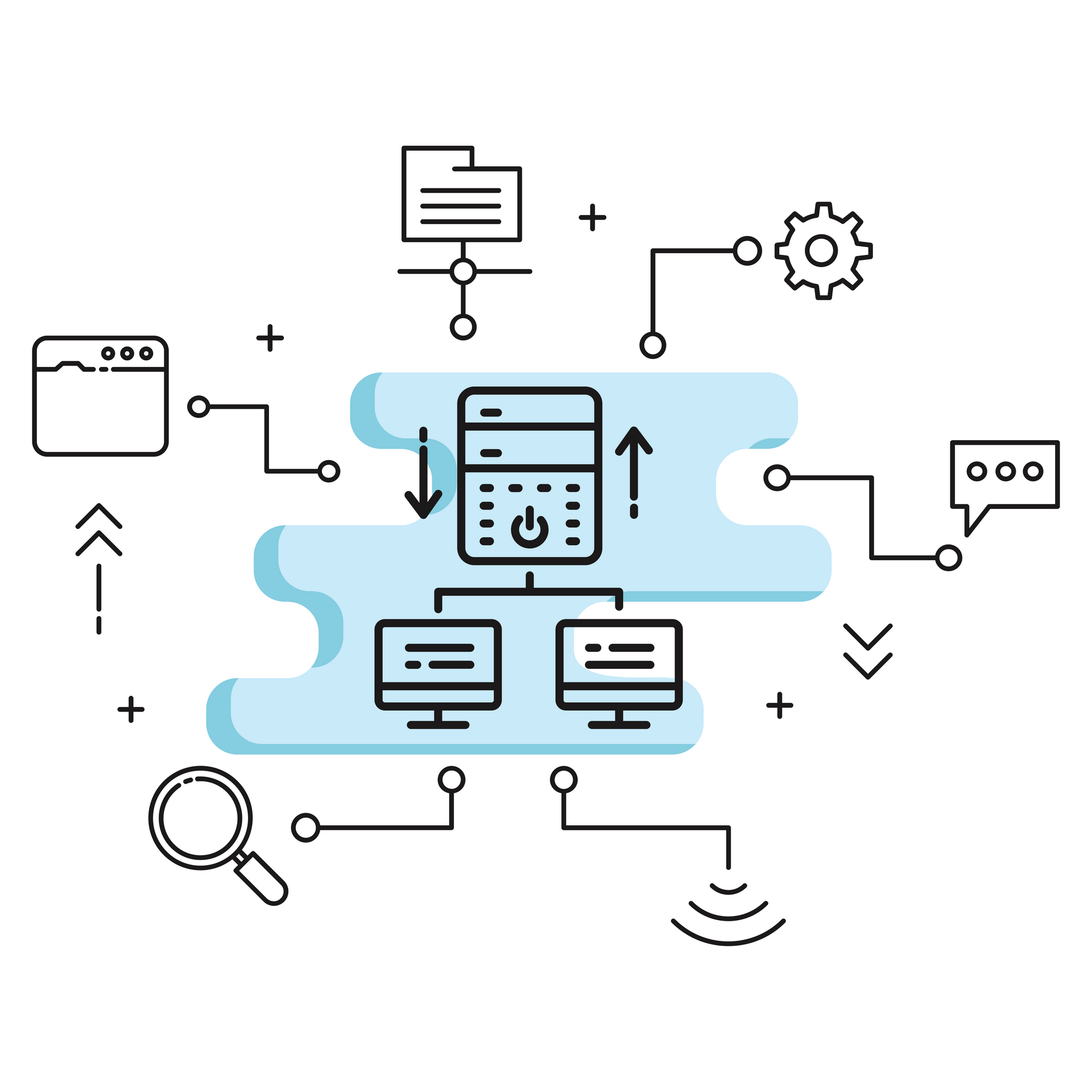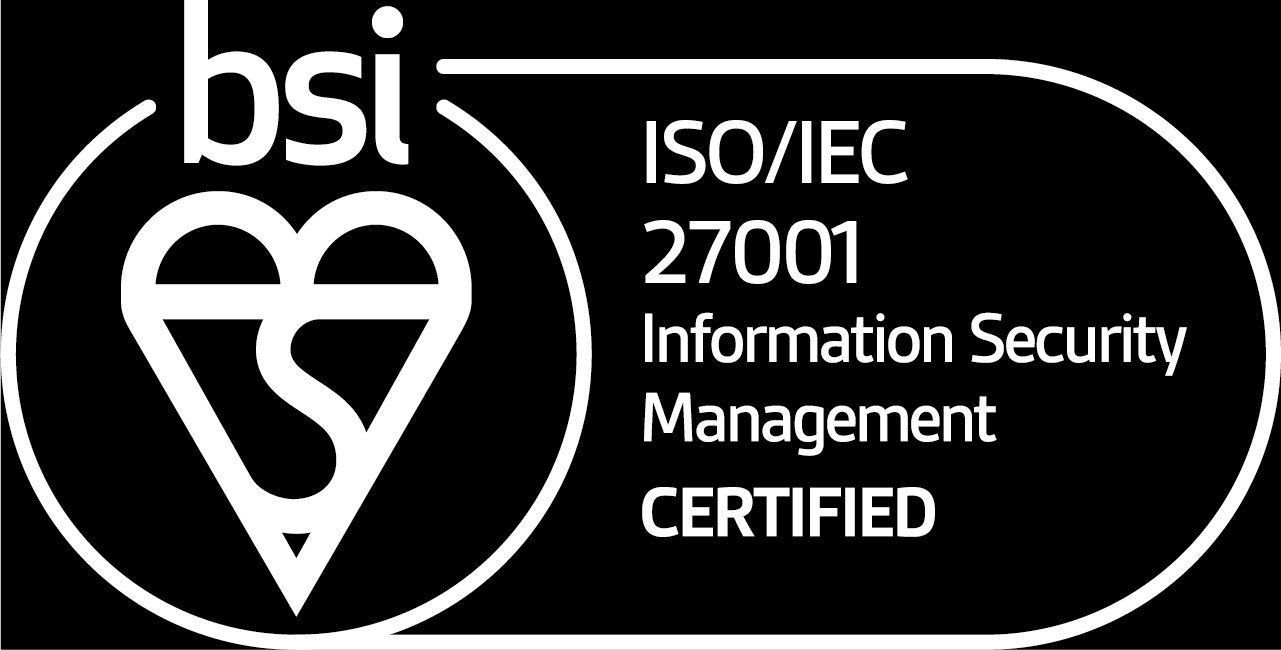Preparing for the Quantum Revolution: Understanding the NCSC's New PQC Roadmap
The UK's National Cyber Security Centre (NCSC) has recently unveiled a critical new roadmap for organisations to prepare for the quantum computing era. As your trusted technology partner, Altiatech is committed to helping you understand these developments and their implications for your security strategy.

The Quantum Threat to Current Encryption
Quantum computing represents one of the most significant technological leaps of our generation. While these advanced systems promise revolutionary benefits across industries, they also pose a substantial risk to our current security infrastructure.
Today's encryption methods rely on mathematical problems that conventional computers find extremely difficult to solve. However, quantum computers have the theoretical capability to solve these same problems exponentially faster, potentially rendering current encryption methods obsolete.
This means sensitive data that is secure today could become vulnerable in the quantum future—including banking transactions, confidential communications, intellectual property, and personal identifiable information.
The NCSC's Three-Phase Migration Plan
To address this looming challenge, the NCSC has outlined a structured timeline for organisations to transition to post-quantum cryptography (PQC)—encryption methods designed to withstand quantum computing attacks. The roadmap consists of three key phases:
Phase 1: Planning and Assessment (Now to 2028)
- Identify cryptographic services and systems requiring upgrades
- Build a comprehensive migration plan
- Begin educating teams on PQC requirements
- Monitor developments in PQC standards
Phase 2: Priority Implementation (2028-2031)
- Execute high-priority upgrades for the most sensitive systems
- Refine migration plans as PQC standards mature
- Implement dual-mode cryptography where appropriate
- Begin testing PQC solutions in production environments
Phase 3: Complete Migration (2031-2035)
- Finalise migration to PQC across all systems, services, and products
- Phase out legacy cryptographic methods
- Ensure supply chain partners have also completed their PQC migration
- Validate security posture in the post-quantum environment
What This Means for Your Organisation
The good news is that for many small and medium-sized businesses, this transition will likely be relatively seamless. Much of the heavy lifting will be handled by service providers and technology vendors through routine updates and upgrades.
However, larger organisations and those in regulated industries or handling particularly sensitive data should begin preparing now. This proactive approach ensures a controlled, methodical migration rather than a rushed implementation when quantum computers eventually become a practical threat.
As Ollie Whitehouse, NCSC Chief Technical Officer,
states: "As quantum technology advances, upgrading our collective security is not just important—it's essential."
How Altiatech Can Help
At Altiatech, we're committed to helping our clients navigate technological transitions securely and efficiently. As this post-quantum journey unfolds, we'll be:
- Staying abreast of evolving PQC standards and best practices
- Providing guidance on assessing your cryptographic inventory
- Offering expertise in implementing quantum-resistant solutions
- Ensuring your systems and data remain protected through the transition
The quantum revolution brings both exciting opportunities and security challenges. By starting preparations now, organisations can ensure they remain secure in the quantum future while leveraging the benefits these powerful new computing paradigms will offer.
For more information on how your organisation can prepare for the post-quantum era, contact our team today at innovate@altiatech.com or call us at +44 (0)330 332 5482.













